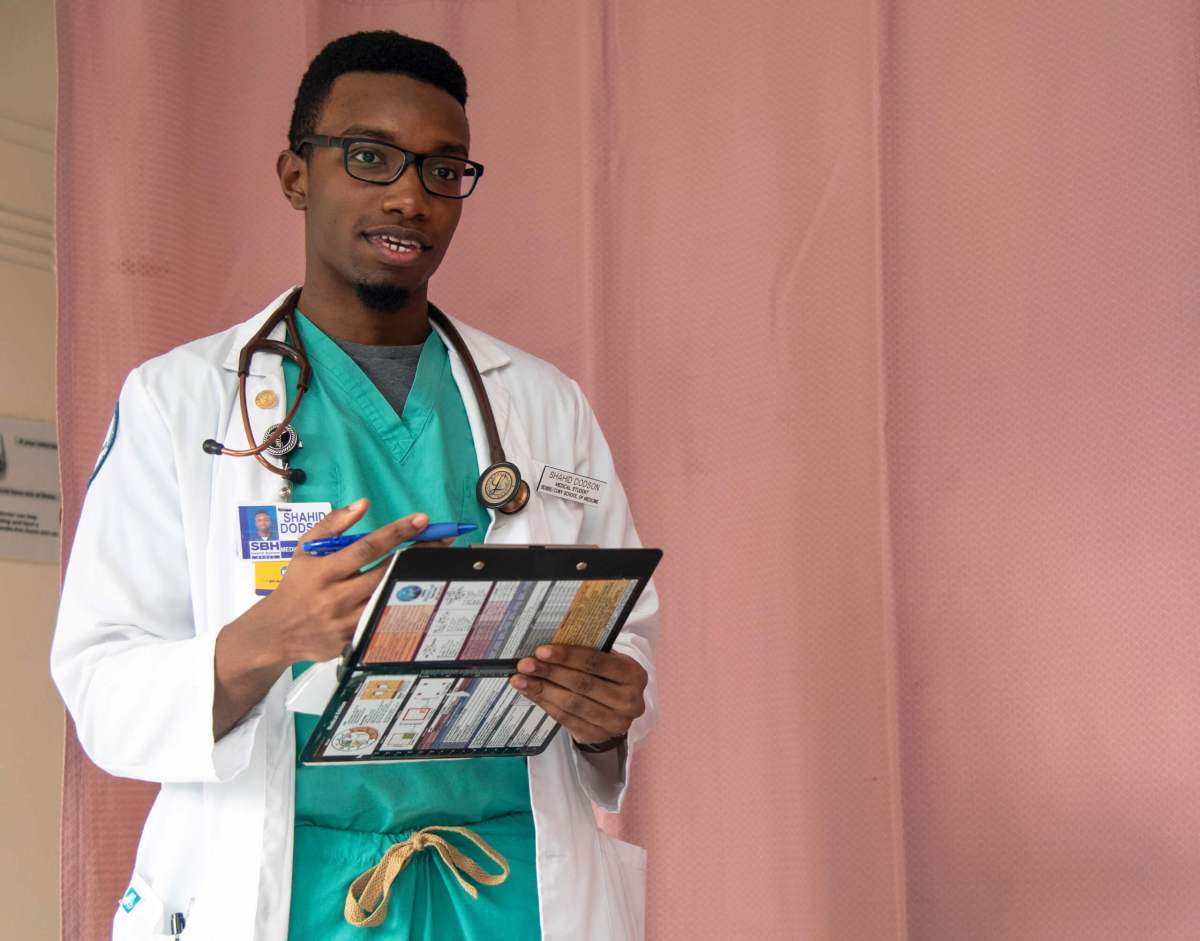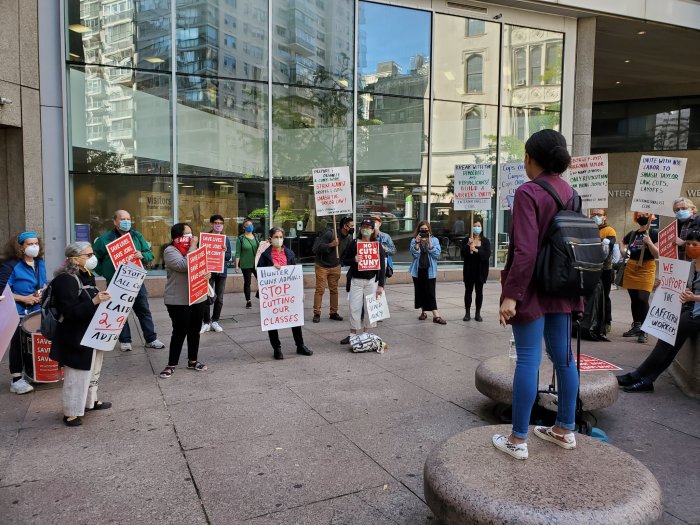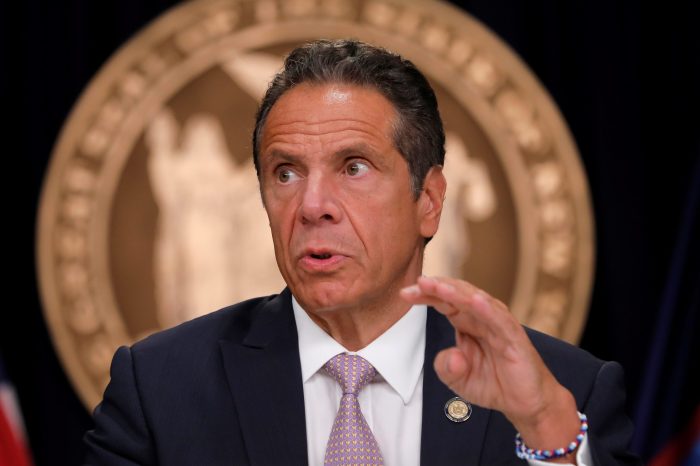The theme for Black History Month this year is “Black Health and Wellness,” a focus that calls attention to our country’s urgent need to redress its long history of racial health disparities. The pandemic has only highlighted these inequities: African Americans have endured higher rates of serious illness and death from COVID-19 than other groups, along with a high incidence of mental-health struggles. CUNY and its colleges, embedded in the city’s neighborhoods, are committed to elevating health care for Black communities.
Mental health is frequently overlooked in considerations of health disparities, but it is one that the CUNY Graduate School of Public Health and Health Policy will be addressing with an expansive new program. The school’s Center for Innovation in Mental Health was recently awarded nearly $5 million from the National Institutes of Health, with additional support from the Robert Wood Johnson Foundation, to expand the capacity of mental-health services in Harlem.
The Harlem Strong Community Mental Health Collaborative will utilize a novel approach to connect residents to the help they need, engaging dozens of community organizations to recruit and train people whose jobs bring them in daily contact with people who may be struggling with mental health issues. These include staff members in public housing offices and after-school programs, case managers and others who work for community-based and religious organizations including one of the program’s key partners, the Harlem Congregation for Community Improvement.
The program will provide basic training to some 200 participants, enabling them to help people they encounter cope with problems and, if necessary, get them connected to professional services. CUNY SPH students from diverse backgrounds will also be trained and deployed to serve as care navigators with organizations throughout Harlem.
A second new initiative aimed at addressing health care inequities is underway at Hunter College, part of a new consortium focused on the high incidence of Black and Latinx people who have multiple chronic diseases including cancer and cardiovascular disease. With funding from the National Institute for Minority Health Disparities, Hunter is partnering with Columbia University Irving Medical Center, Weill Cornell Medical Center and the Physician Affiliate Group of New York on a collaborative center that will break down traditional research silos to address multiple chronic conditions.
Students will Become Advocates
Medgar Evers College made its own timely advance that very much honors the theme of this year’s Black History Month. The Predominantly Black Institution (PBI) secured University approval last month to launch a Bachelor of Science program in community health education.
The program is being created in response to the growing awareness of health disparities in communities such as Central Brooklyn, where Medgar Evers is located. It will provide internships and other experiential learning opportunities and help prepare students to become health advocates in their own historically underserved communities.
The CUNY School of Medicine was founded in 2016 with exactly that mission, and it continues to gain recognition for being the rare medical school whose student population approaches the demographic diversity of the communities it seeks to serve. Nearly 40 percent of our medical students are Black — five times the national and New York State averages. Those students graduate with the preparation they need to serve in urban communities where they are desperately needed, and that is exactly what many of them do.
Communities of color are more likely to access health care networks if more health care providers are members of those communities. That’s a principle of representation that applies throughout society, and I take it to heart. My administration is working hard to increase the diversity of our University leadership, to more closely reflect the population of the students and city we serve. I have appointed four college presidents who are African American, including Dr. Patricia Ramsey at Medgar Evers, the first Black woman to lead the school. Today, seven CUNY colleges are led by presidents who are Black — more than at any time in the University’s history.
I’m proud of CUNY’s historical commitment to equity and access, and the ways those commitments connect us to the important work of improving health outcomes for Black Americans.
Félix V. Matos Rodríguez is the chancellor of The City University of New York (CUNY), the largest urban public university system in the United States




































